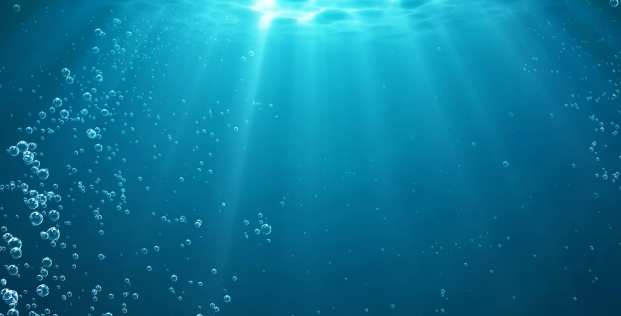Scientists Unveil ‘Dark Oxygen’ Creation by Seabed Metals in Landmark Study

In a groundbreaking discovery, scientists have identified a new form of oxygen production known as “dark oxygen,” created by metals on the seabed. This revelation has significant implications for our understanding of oceanic ecosystems and the global oxygen cycle.
The research, conducted by an international team of marine scientists, uncovered that certain metals present on the ocean floor can produce oxygen through chemical reactions independent of sunlight. This process occurs in the absence of photosynthesis, traditionally considered the primary method of oxygen production in aquatic environments.
Dr. Maria Gonzalez, the study’s lead author, explained the importance of the discovery. “Our findings challenge the conventional view that photosynthesis is the sole producer of oxygen in marine environments. Dark oxygen production by seabed metals adds a new dimension to our understanding of ocean chemistry and biology,” she said.
The study focused on metals such as manganese and iron, which are abundant on the ocean floor. These metals undergo redox reactions, a process in which electrons are transferred between substances, resulting in the formation of oxygen. The discovery was made using advanced underwater sensors and chemical analysis techniques that detected unexpected oxygen levels in deep-sea environments.
Researchers believe this dark oxygen production could play a crucial role in supporting deep-sea life, particularly in areas where sunlight is scarce or nonexistent. These findings could also have broader implications for climate science, as oxygen is a key factor in the carbon cycle and the regulation of greenhouse gases.
Dr. James Peterson, a marine chemist not involved in the study, commented on the potential impact of this research. “Understanding alternative oxygen production mechanisms is essential for accurately modeling oceanic processes and predicting how they might respond to environmental changes. This discovery opens up new avenues for exploring the complex dynamics of our planet’s oceans,” he noted.
While the discovery of dark oxygen production is still in its early stages, it has already sparked interest in the scientific community. Future research will aim to quantify the contribution of this process to global oxygen levels and investigate its implications for marine ecosystems.
This groundbreaking study not only enhances our knowledge of ocean chemistry but also underscores the importance of continued exploration and research in the largely uncharted territories of the deep sea. As scientists delve deeper into the mysteries of our oceans, discoveries like these highlight the intricate and interconnected nature of Earth’s systems.





